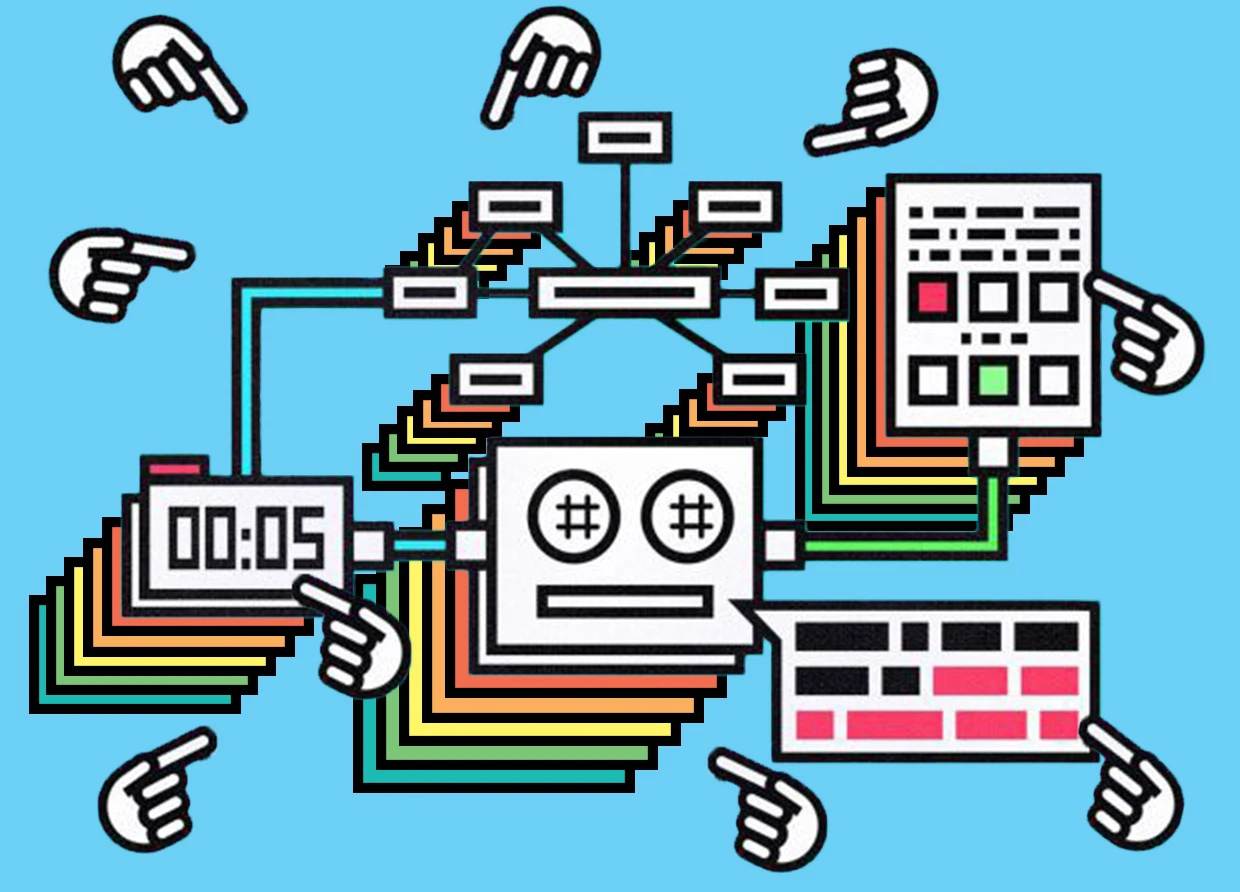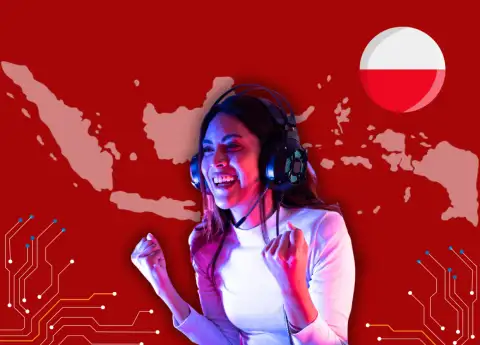META TO DEVELOP UNIVERSAL TRANSLATION SYSTEM
Giant tech company Meta announces it will develop a seamless translation system for its platforms.

Meta, the owner of Instagram, Facebook, and WhatsApp, announced that it plans to develop a translation system that works seamlessly for everyone.
During an online presentation, Meta CEO Mark Zuckerberg said that AI would enable people to communicate in any language.
"The ability to communicate with anyone in any language — that's a superpower people have dreamed of forever, and AI is going to deliver that within our lifetimes," said Zuckerberg.
According to Meta, around 20 percent of the world's population speaks languages not covered by translation tools. These under-served languages often lack the necessary corpora to train AI systems.
Meta is working on two sets of machine learning techniques designed to address language learning challenges. The first is called No Language Left Behind, and the second is called Universal Speech Translator.
The company did not provide a timeline for completing these projects or a definite plan for reaching its goals in its announcement.
"Eliminating language barriers would be profound, making it possible for billions of people to access information online in their native or preferred language," the statement read. "Advances in [machine translation] won't just help those people who don't speak one of the languages that dominate the internet today; they'll also fundamentally change the way people in the world connect and share ideas."
Today at our @MetaAI Inside the Lab event, we shared our research and innovations that will help us build for the metaverse. From advanced translation technologies to next-gen conversational AI, we’ve recapped some of our biggest announcements.https://t.co/b3SEBMw1lw
— Meta Newsroom (@MetaNewsroom) February 23, 2022
Breaking barriers
Meta also noted that universal translation would allow its products to reach millions more people. According to the company, it would be a game-changer for the wearable devices industry, and it would also break down barriers in AR and VR spaces.
Machine learning has made significant advancements in the translation industry, and many companies, including Google and Apple, offer free AI translation tools. Despite these advantages, critics noted that the technology often produces outputs that are not ideal for human speakers, such as gender bias and weird phrasing.
Some speakers of those under-served languages fear that their culture and speech will be lost if the technology behind AI is used solely for commercial purposes.
Meta Wants to Bring AI Assistants and Universal Translation to the Metaverse... One Day... In the Future! https://t.co/0p1IjflyVy pic.twitter.com/PvT8IxhNKT
— Gizmodo (@Gizmodo) February 23, 2022
Due to the nature of the errors that can happen when machine translation is used on massive platforms, Meta must take the necessary steps to prevent such issues from happening in the future.
Despite its efforts to democratize technology, Meta still maintains a biased stance towards countries that provide the company with most of its revenue. This issue was revealed in the Facebook Papers, which showed how the company struggles to prevent hate speech and abuse in other languages.
The company's blind spots can have tragic consequences, such as when it failed to prevent the spread of misinformation and hate speech during the Rohingya incident in Myanmar.
Meta will need to demonstrate that its technology can handle universal translation and apply its findings fairly.
#THE S MEDIA #Media Milenial


























